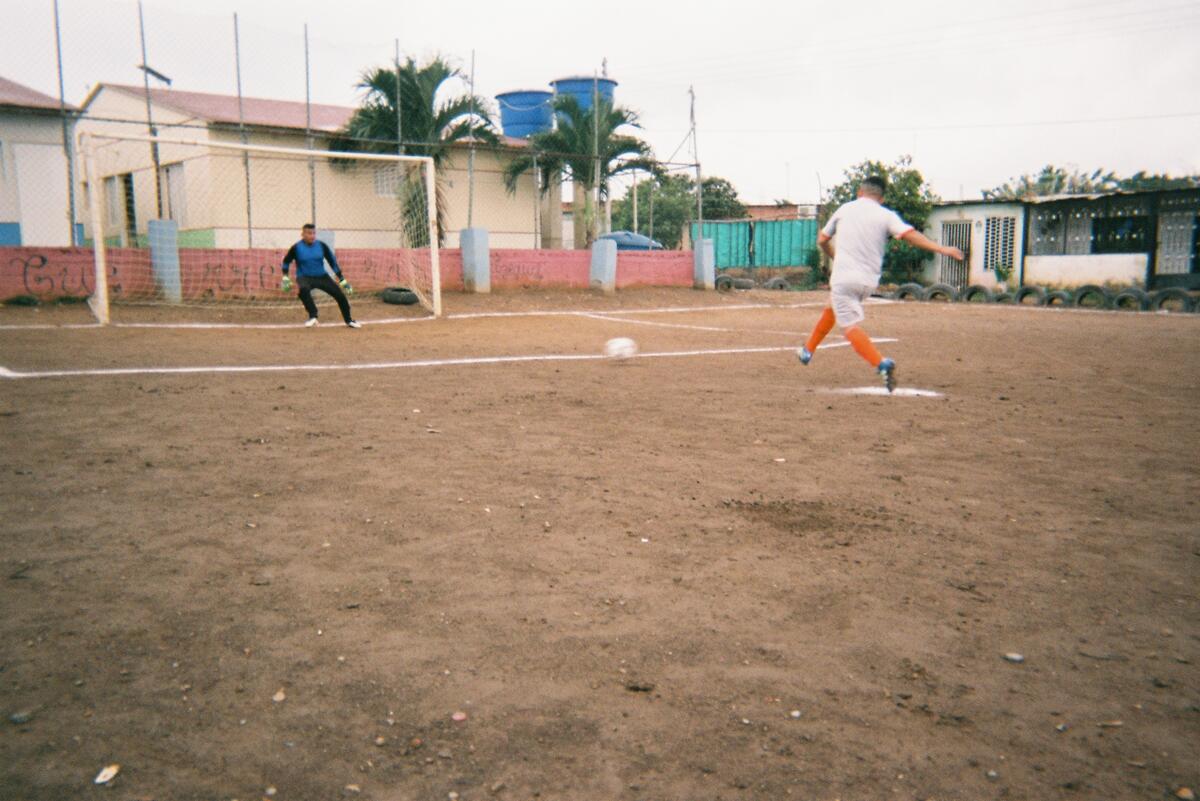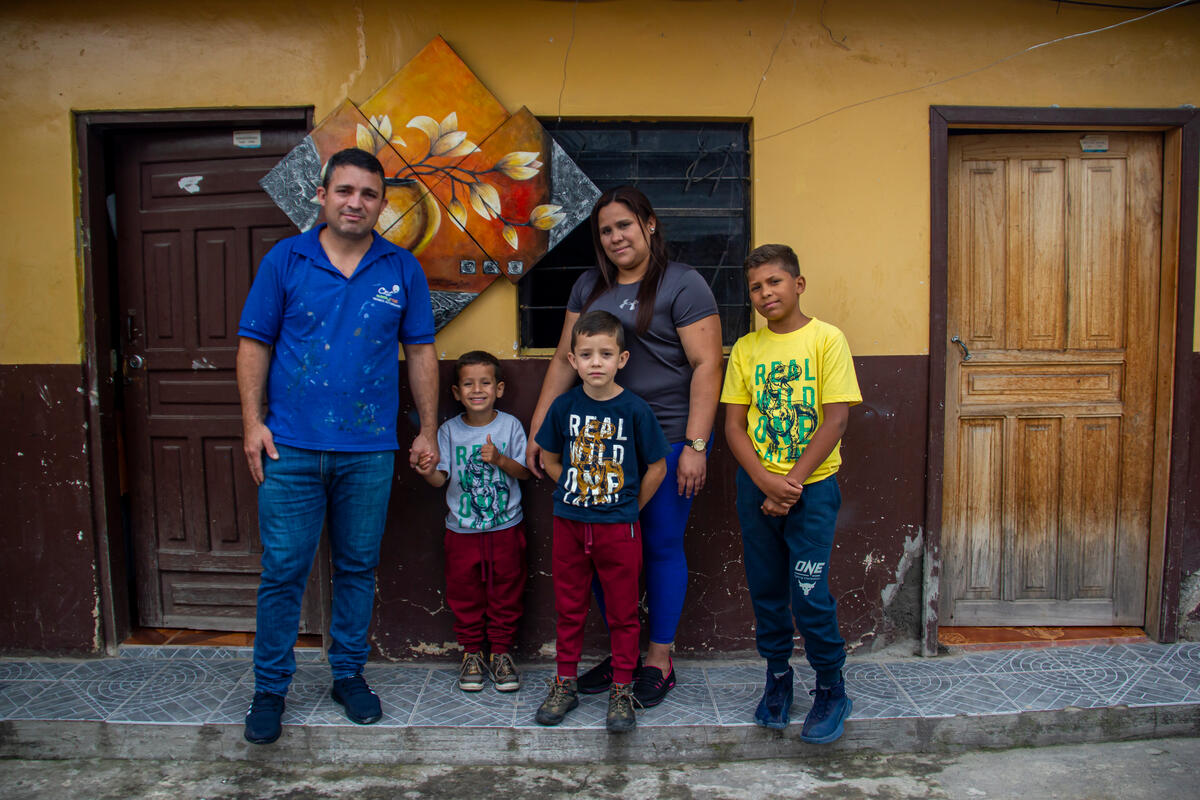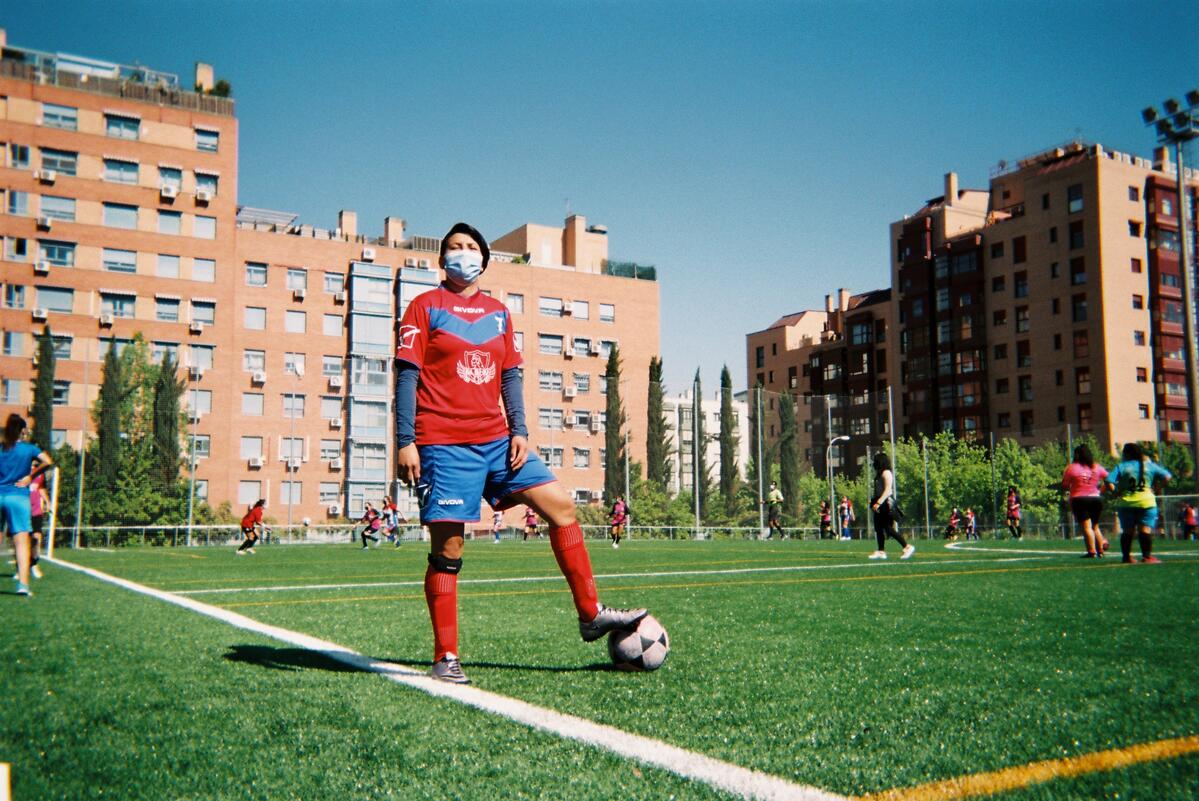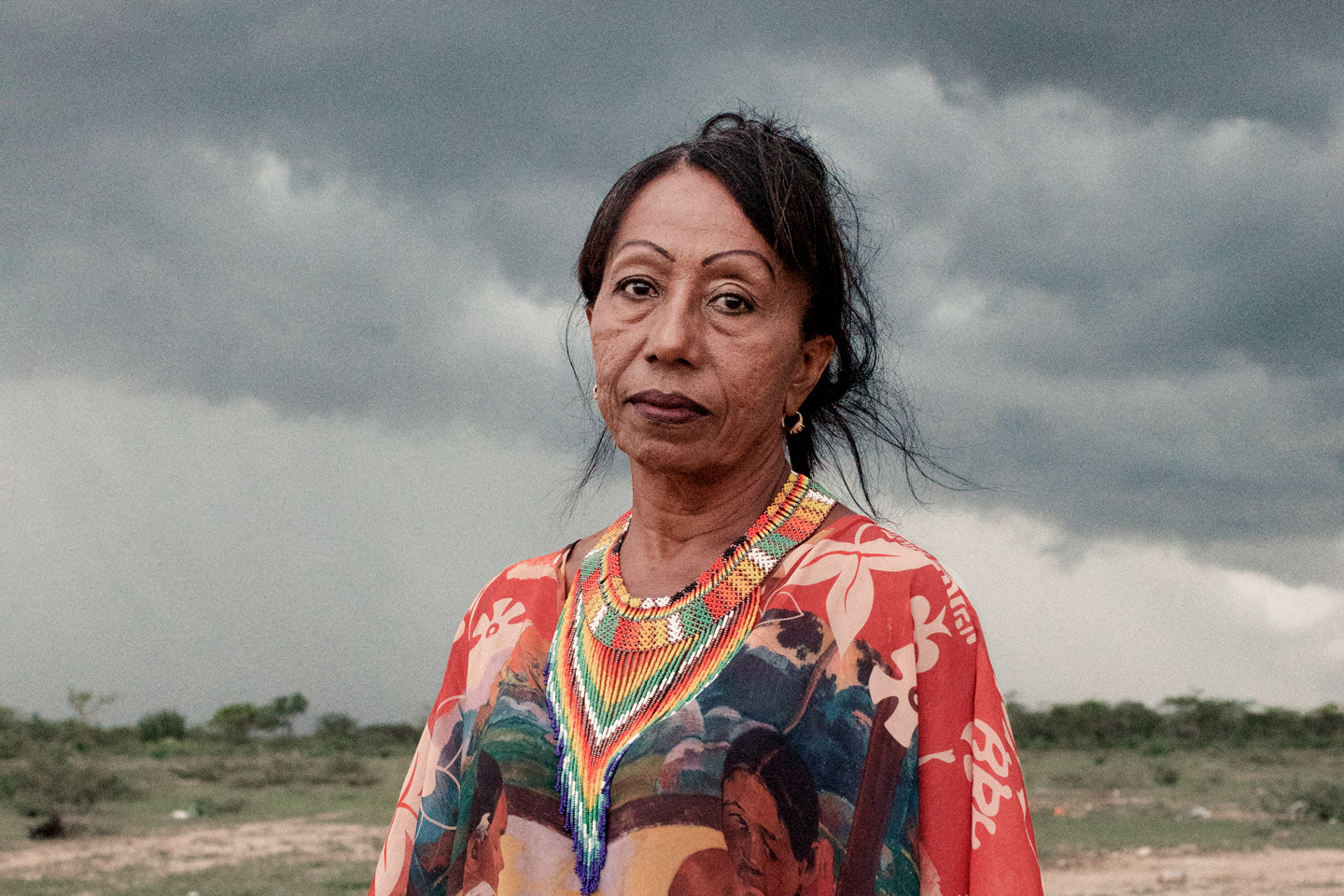Colombia: UNHCR mission reports deterioration of humanitarian situation in Chocó region
Colombia: UNHCR mission reports deterioration of humanitarian situation in Chocó region
A UNHCR mission just returned from the north-west of Colombia reports a very worrying deterioration of the humanitarian situation in the Chocó region. This part of Colombia is located along the Pacific Coast and stretches north to the Panamanian border.
A UNHCR team from Bogota went to the area after six displaced men were killed last week (16 October) by members of an irregular armed group. Four other men, also displaced, were wounded in the same incident.
The team found that the six victims came from the same neighourhood in Quibdó, where they had previously fled to escape the armed conflict in other parts of Chocó and were registered by the state as displaced people.The six, along with others in the same neighbourhood, had recently accepted an offer to work in a goldmine in Istmina, some two hours to the south of Quibdó. With few other economic opportunities, this offer represented one of very few chances to earn an income and better their living conditions. Only two days after they started work, they were shot dead by members of an irregular armed group who arrived at the mine armed and in uniforms.
UNHCR Colombia has expressed its concern over this very serious incident, the latest in a series of grave abuses committed against the population by irregular armed groups in this part of Chocó. Civilians, including displaced communities, have been suffering from threats, intimidation, violence and killings. The Diocese of Istmina reports 23 targeted killings in the city alone since September 1.
The region is a rainforest, with one of the richest biodiversity in the world, rare minerals, precious woods and rivers providing direct access to the Pacific Ocean. It is strategic territory that has been fought over by irregular armed groups for years and has seen more new fighting in recent months.
UNHCR is very concerned that the deteriorating humanitarian situation will cause more forced displacement from the area, which is home to both Afro-Colombian and indigenous communities. Under principles of constitutional and international laws, the state has a special duty to protect from forced displacement ethnic minorities with a special relation to the land, which is the case for both black and indigenous communities in Colombia.
The murders of the six displaced Afro-Colombians came the same week as Colombia's Constitutional Court sat in special hearing to review measures taken by the government to protect Afro-Colombian communities from forced displacement. The court had found last year they were "persistent gaps" in specific attention, both in prevention and assistance.
Colombia has some 2.2 million people officially registered as internally displaced - independent figures put the figure at more than 3 million - while there are at least 500,000 Colombian refugees in the region.









